- 4033
- 0
Sharing Ideas and Updates on LPG in Nigeria and related information to enable effective collaboration within the LPG Value Chain
How Can The Government Intervene In The Scenario Of Elevated Gas Prices In Nigeria?

Numerous online followers are eagerly seeking insights into the Nigerian government's strategies to address the soaring LPG prices in the country. For instance, @Abubakar Aliyu has raised pertinent questions, questioning the effectiveness of measures like VAT removal and import duty waivers on imported gas prices. Similarly, @Udensi Joseph echoes the sentiment, urging clarity on how the government plans to intervene amidst the recent surge in cooking gas prices. The desire for understanding and transparency regarding governmental actions underscores the pressing need for effective solutions to alleviate the burden of escalating gas costs on citizens.
Let’s get to the core of the matter together.
Over the past two decades, Nigeria's domestic LPG market has undergone a remarkable transformation, with volumes skyrocketing from a modest 50,000 metric tonnes per annum to a staggering 1.3 million MT, this is made known by a Nairametrics survey. Central to this growth story is NLNG (Nigeria LNG Limited), which has emerged as the leading supplier of LPG to the domestic market, contributing a substantial 40% of locally consumed LPG. NLNG's commitment to redirect its entire production output towards domestic markets underscores a strategic shift towards bolstering local supply chains.
Facilitated by Fidelity Bank, the acquisition of the Alfred Temile 10 vessel represents a significant leap forward in NLNG's LPG logistics capacity, effectively doubling its capabilities. This expansion comes at a pivotal moment as NLNG seeks to ramp up its supply of LPG to the local market, particularly through propane, which holds broader applications in power generation and industrial processes. The commissioning of the Alfred Temile 10 vessel, the second of its kind in under four years, signals a burgeoning appetite for such ventures, hinting at the potential viability of establishing a shipyard within Nigeria—an idea championed by Ambassador Ferdinand Nwonye.
Yet, amidst these advancements, consumers grappling with recent spikes in cooking gas prices may find it challenging to reconcile these developments. However, NLNG's steadfast contribution to the market has played a crucial role in mitigating more severe inflationary pressures, underscoring the significance of local content in sustaining the domestic market—an aspect often overlooked in contemporary discourse.
Amidst the complexities that define the gas sector, the intricacies of cooking gas dynamics often elude the public's understanding. NLNG's steadfast commitment to channelling its LPG production towards domestic markets, predominantly butane, underscores its pivotal role in meeting Nigeria's cooking fuel needs. This contrasts with the predominant usage of liquefied natural gas and propane for power generation, with much of the LNG historically earmarked for export markets.
One of the primary drivers behind the inflation of gas prices lies in the intricate logistics network that underpins its distribution. Shortages of shipping vessels, exacerbated by geopolitical tensions and infrastructural constraints like the reduced capacity of the Panama Canal, have exerted upward pressure on costs along the supply chain. Projects like the Alfred Temile 10 vessel, fueled by the burgeoning domestic demand for LPG, contribute to bolstering the resilience of Nigeria's domestic supply chains in the face of global uncertainties.
Furthermore, the persistent confusion surrounding different gas types has created opportunities for exploitative pricing practices. Despite sourcing LPG from NLNG at comparatively lower rates, some terminal operators in Lagos have been accused of driving up cooking gas prices—a testament to the urgent need for greater transparency and accountability within the sector.
At LPG in Nigeria, we are aware that the current increase is a result of the NAPEX rate for the Naira/ USD, which is now almost at par with the Parallel market rate. We will continue to monitor the CBN’s intervention and its expected impact to lower the exchange rate.
In the broader context of Nigeria's economic landscape, the consolidation of progress in local content across the oil and gas sector holds immense potential for catalysing sustainable growth. Yet, this necessitates a fundamental shift towards prioritising local supply chains over export-oriented ventures. By embracing indigenous production and aligning with government policies that prioritise both producers and consumers, Nigeria can chart a course towards energy self-sufficiency—a critical step in shielding itself from external economic volatilities.
Comment below with your opinion, and let’s dialogue.
Source: Nairametrics and LPG in Nigeria Facebook Platform.





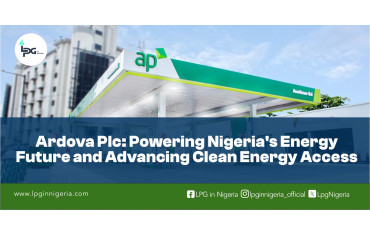
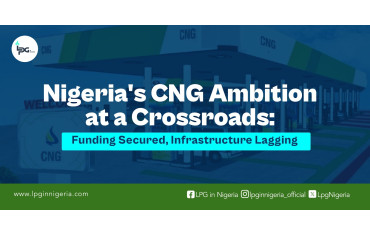
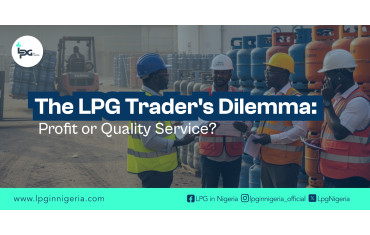

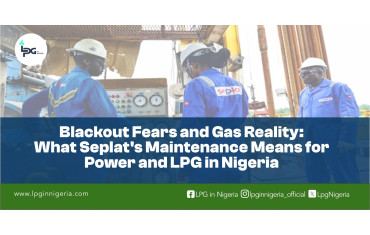
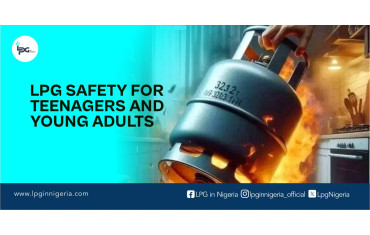





0 Comment.